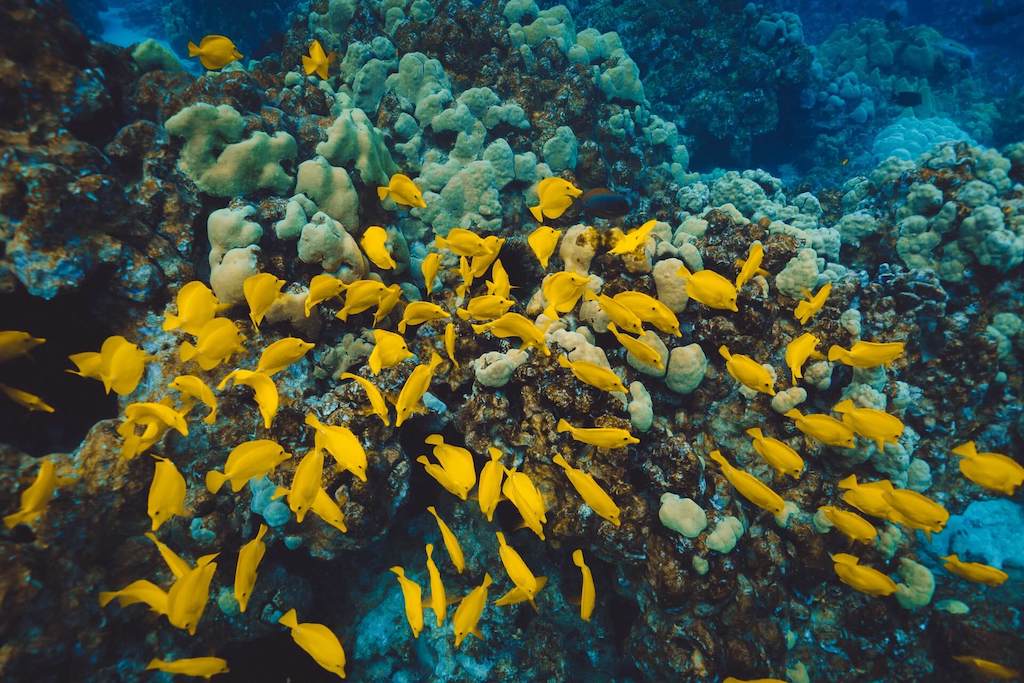A new study conducted by the University of Adelaide has found that an increase in water temperature and CO2 levels reduces presence of some marine species while facilitating growth of algae. The world’s oceans provide an important source of food for humans.
Some marine species coming under pressure
With the heating of the world’s oceans there will be other, and not necessarily better, fish to fry. The study, published in the journal Science, has found that increasing water temperature and CO2 levels severely affects marine food webs and could potentially cause the collapse of the number of some species.
Researchers recreated the marine habitat off the coast of Adelaide in a series of 1,800 litre tanks. The tanks were then subjected to temperature and CO2 level changes.
Overall, the water temperature was increased by 2.8 degrees Celsius. After six months, researchers say the tanks were not a pretty sight. Algae had flourished, in particular slimy algae which is toxic to some species.
Changes that could impact fishing communities
Professor Ivan Nagelkerken, of the University of Adelaide’s Environment Institute and who led the research, warned that ocean heating “reshuffles species communities” with weedy plants and algae thriving, but causes the collapse of other species, especially invertebrates.
A healthy marine food web is like a pyramid, with fewer bigger predators at the top and larger amounts of smaller organisms at the bottom. After manipulation of the ecosystem, the pyramid was fatter at the bottom and thinner in the middle, meaning that large predators were also losing out on potential preys.
Researchers predict that, on the long term, a tipping point could be reached where “the top of the food web can no longer be supported”. Even if species are capable of relocating to different areas, fishing grounds and fishing communities would still be severely impacted.
The study sheds therefore light on the potential impact of climate change upon world food chains and its verdict is not hopeful. “The top of food webs may eventually become depleted under future climate conditions or additional human disturbances,” the study warns.












